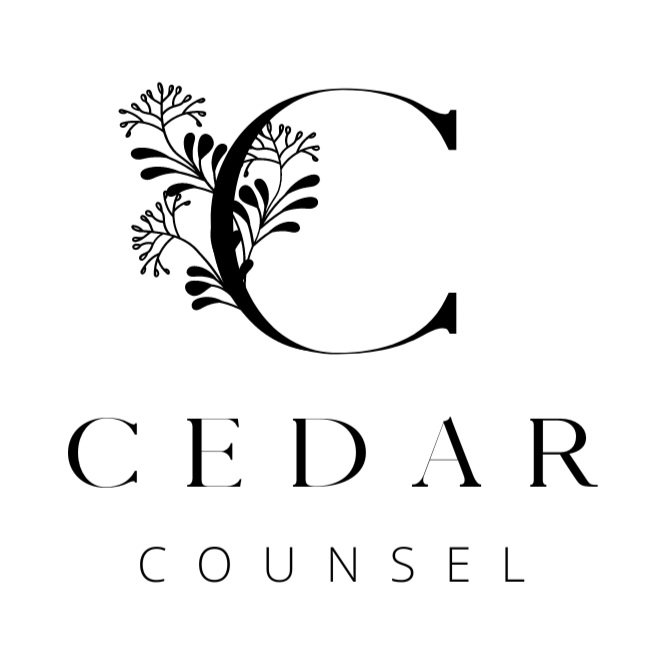A Legacy of Generosity: How to Incorporate Charitable Giving into Your Estate Plan
In the warmth of this holiday season, I find myself reflecting on the extraordinary power of philanthropy within an estate plan. As an estate planning attorney, I regularly witness the transformative impact that intentional charitable giving can have not only on the organization supported, but also on the families crafting a legacy of generosity.
This article provides a high-level overview of the significance of charitable giving during the holidays and how we can help you seamlessly integrate these gifts into your estate plan.
Leaving a Lasting Legacy
Charitable giving is not just about monetary contributions; it’s about making an enduring and meaningful mark on the issues that hold profound significance to you. That’s why, when considering charitable giving in your estate plan, it’s important to begin by identifying the causes that resonate most with your values and beliefs. Whether it's education, healthcare, environmental conservation, or social justice, aligning your philanthropy with your passions ensures that your giving is purposeful and meaningful.
Including charitable giving in your estate plan also encourages a culture of generosity within your family, and imparts valuable lessons to future generations. Consider discussing your philanthropic goals with your loved ones so that they understand the values that underpin your giving. Many clients report that these conversations foster a sense of mission and purpose and reinforce family bonds.
Strategy and Tax Advantages
Estate planning offers various avenues for structured and enduring charitable giving. Charitable trusts and endowments allow you to earmark assets specifically for charitable purposes, providing a sustainable source of support for your chosen organizations.
These instruments can be tailored to suit your philanthropic goals while potentially offering tax benefits. By strategically incorporating charitable giving into your estate plan, you may avail yourself of tax incentives that not only enhance your capacity to give but also optimize the impact of your charitable contributions. Charitable contributions can also reduce the overall tax burden on your estate.
Conclusion
This holiday season, as we celebrate the spirit of giving, consider the profound legacy you can create through intentional and strategic charitable giving. Whether it's a bequest in your will, a charitable remainder trust, or other planned giving strategies, these thoughtful gestures ensure that your support transcends the holidays, leaving an enduring legacy of generosity for generations to come.
If you’re interested in learning more about the many ways your philanthropy can be integrated into your estate plan, contact us today to schedule a complimentary consultation.
This article is a service of Cedar Counsel. We don’t just draft documents; we ensure you make informed and empowered decisions about life and death, for yourself and the people you love.
